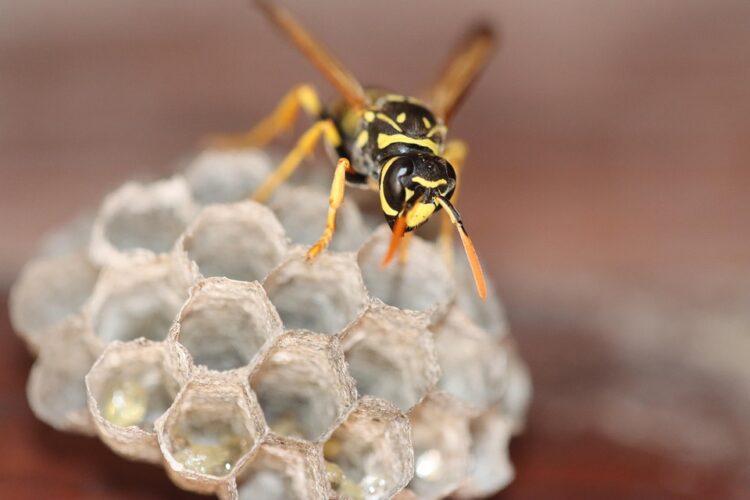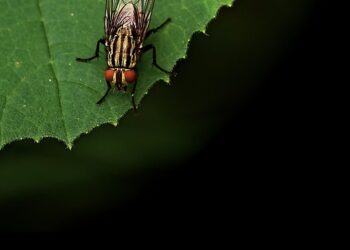Natural Solutions: Harnessing the Power of Organic Pest Control for a Greener Future
In today’s world, the use of chemical pesticides and insecticides has become a common practice to control pests in agriculture and gardening. However, these chemicals have detrimental effects on the environment, polluting the soil, water, and air, and harming beneficial insects and wildlife. In addition, they can pose health risks to humans and animals. As a result, there has been a growing interest in organic pest control methods that are not only effective but also environmentally friendly.
The Benefits of Organic Pest Control
Organic pest control involves the use of natural solutions to manage pest populations without the use of synthetic chemicals. There are several benefits to using organic pest control methods:
- Environmentally friendly: Organic pest control methods do not harm the environment, as they do not contain harmful chemicals that can pollute the soil, water, and air.
- Safe for humans and animals: Organic pest control methods are safe for humans and animals, as they do not pose health risks associated with chemical pesticides.
- Sustainable: Organic pest control methods promote sustainable farming practices by maintaining a balance between pest populations and beneficial insects.
Common Organic Pest Control Methods
There are several organic pest control methods that can be used to manage pest populations in agriculture and gardening:
1. Biological Control
Biological control involves using natural enemies of pests, such as predators, parasitoids, and pathogens, to control pest populations. This method is effective in reducing pest populations without the use of chemicals.
2. Cultural Control
Cultural control involves modifying the environment to make it less favorable for pests. This can include crop rotation, planting pest-resistant varieties, and practicing good sanitation in the garden.
3. Mechanical Control
Mechanical control involves physically removing pests from plants or using barriers to prevent pests from reaching plants. This can include handpicking pests, using traps, and installing row covers.
Implementing Organic Pest Control
When implementing organic pest control methods, it is important to monitor pest populations regularly and take action when necessary. Here are some tips for effectively using organic pest control methods:
1. Identify the Pest
Before implementing any pest control method, it is important to correctly identify the pest species and understand its life cycle and habits. This will help determine the most appropriate control method to use.
2. Use Multiple Control Methods
It is often more effective to use a combination of organic pest control methods to manage pest populations. This can help prevent pests from developing resistance to a single control method.
3. Practice Prevention
Preventing pest infestations is key to successful organic pest control. This can include planting pest-resistant varieties, practicing good sanitation, and promoting biodiversity in the garden.
Conclusion
Organic pest control methods offer a sustainable and environmentally friendly alternative to chemical pesticides. By harnessing the power of natural solutions, we can effectively manage pest populations while protecting the environment and promoting a greener future. By implementing organic pest control methods, we can create a healthy and thriving ecosystem for generations to come.























































